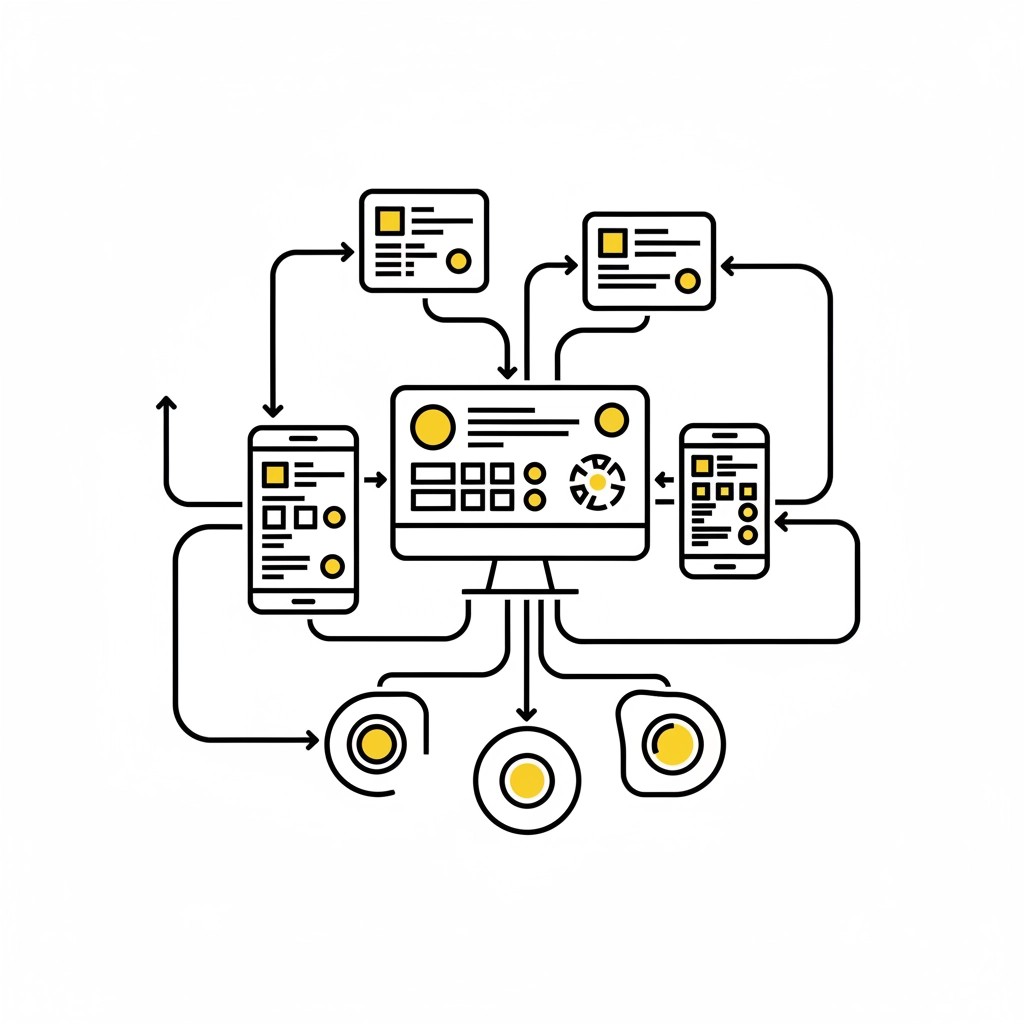How to Save $50,000+ Annually with Strategic HR Outsourcing (Real Client Results)
- Justin Hall
- Sep 16, 2025
- 5 min read
Let's cut straight to the chase: strategic HR outsourcing isn't just a buzzword: it's a proven path to substantial cost savings that can put tens of thousands back in your pocket annually. We're talking real money here, with documented cases showing companies saving anywhere from $50,000 to over $115,000 per year.
But here's the thing most businesses miss: it's not just about cutting costs. It's about strategic reinvestment of those savings into growth initiatives that actually move the needle on your bottom line.
The Real Numbers Behind HR Outsourcing Savings
Before we dive into strategies, let's look at some concrete examples that'll make your CFO smile.
Consider a mid-sized company with 100 employees. Running an internal HR department typically costs around $180,000 annually when you factor in everything:
HR manager salary: $80,000
HR coordinator salary: $40,000
Benefits for both positions: $30,000
HR technology and software: $10,000
Office space allocation: $5,000
Training and development: $15,000
Now, outsourcing those same functions at roughly $50 per employee per month comes to $60,000 annually. That's a net savings of $120,000: more than double our $50,000 target.

The Hidden Cost Centers Most Companies Overlook
Recruitment and Hiring Inefficiencies
Your internal team might be spending weeks on a single hire, costing you thousands in lost productivity and recruitment advertising. HR outsourcing firms have established networks and streamlined processes that cut hiring time by up to 40%, translating to immediate cost savings.
Technology Infrastructure
That HRIS system you're considering? It'll cost you $15,000-30,000 upfront, plus annual maintenance fees. HR outsourcing firms already have enterprise-level technology in place, spreading those costs across multiple clients. You get access to sophisticated systems at a fraction of the cost.
Compliance and Legal Risk
One employment law violation can cost your company $50,000 or more in legal fees and penalties. HR outsourcing firms maintain dedicated compliance teams that stay current with changing regulations, effectively serving as your insurance policy against costly mistakes.
Strategic Areas Where Outsourcing Delivers Maximum ROI
Payroll Processing and Benefits Administration
This is low-hanging fruit that delivers immediate savings. The average company spends 18 hours per pay period on payroll-related tasks. Outsourcing this function alone can save $25,000-35,000 annually in administrative costs.
Workers' Compensation Management
Outsourced providers often have better relationships with insurance carriers and can negotiate lower premiums. We've seen clients reduce their workers' comp costs by 15-25% through strategic outsourcing partnerships.
Employee Training and Development
Instead of building training programs from scratch, outsourced providers offer established curricula and e-learning platforms. This saves both development costs and employee time away from productive work.

The Economies of Scale Advantage
Here's where strategic outsourcing really shines: economies of scale. HR service providers spread their operational costs across multiple clients, allowing them to offer enterprise-level services at small business prices.
For instance, a sophisticated applicant tracking system that would cost a single company $20,000 annually gets divided among 50+ clients, bringing your effective cost down to under $400 per year.
The same principle applies to:
Background check services
Employee handbook development
Policy updates and compliance monitoring
Training materials and resources
Real Client Case Study: Manufacturing Company Saves $87,000
A 75-employee manufacturing company in Ohio was spending $142,000 annually on HR functions, including two full-time staff members and associated overhead costs. After implementing strategic HR outsourcing, their annual HR costs dropped to $55,000.
The breakdown:
Salary savings: $95,000 (two positions eliminated)
Benefits savings: $18,000
Technology savings: $8,000
Office space reallocation: $6,000
Total annual savings: $87,000
But the real kicker? They reinvested $40,000 of those savings into employee retention programs and equipment upgrades, further improving their bottom line.

Technology Integration: The Game-Changer
Modern HR outsourcing isn't just about handling paperwork: it's about leveraging technology for strategic advantage. When you partner with the right provider, you get access to:
Integrated HRIS Platforms These systems connect payroll, benefits, time tracking, and performance management in one seamless interface. Building this internally would cost $50,000+ in the first year alone.
Analytics and Reporting Data-driven insights help you make better hiring decisions, reduce turnover, and optimize compensation structures. The cost savings from improved decision-making often exceed the outsourcing fees entirely.
Mobile Accessibility Modern HR platforms offer mobile apps for both managers and employees, reducing administrative burden and improving user satisfaction.
Avoiding the Common Pitfalls That Kill Savings
Not Bundling Services Strategically
The biggest mistake we see? Companies outsourcing one function at a time. You'll maximize savings by bundling multiple services together. A comprehensive package typically offers 20-30% better pricing than individual services.
Choosing Based on Price Alone
The cheapest option often becomes the most expensive when you factor in poor service, compliance issues, or hidden fees. Focus on providers who can demonstrate measurable ROI through documented client results.
Failing to Measure Success
Establish clear metrics upfront: cost per hire, time to fill positions, compliance incident reduction, and overall HR cost as a percentage of revenue. Without measurement, you can't optimize your savings.
The Implementation Timeline for Maximum Savings
Month 1-2: Assessment and Planning Document current HR costs, identify pain points, and establish baseline metrics. This preparation phase is crucial for maximizing eventual savings.
Month 3-4: Provider Selection and Onboarding Choose your outsourcing partner and begin the transition process. Proper planning here prevents costly delays later.
Month 5-6: Full Implementation Complete the transition and begin realizing immediate cost savings. Most companies see 60-70% of their projected savings within the first six months.

Beyond the $50,000: Scaling Your Savings
Once you've achieved that initial $50,000+ in annual savings, strategic HR outsourcing opens doors to additional cost optimization:
Fractional Executive Services Need senior-level HR expertise without the $150,000+ salary? Fractional HR executives provide strategic guidance at a fraction of the cost.
Project-Based Services Handle major initiatives like compensation reviews or culture transformation projects without hiring temporary staff.
Compliance Audits Regular compliance reviews prevent costly violations and position your company for growth.
The Bottom Line: Your Path to $50,000+ in Annual Savings
The math is straightforward: most companies with 50+ employees can easily achieve $50,000+ in annual savings through strategic HR outsourcing. The key is taking a comprehensive approach that addresses multiple cost centers simultaneously.
Start by calculating your current HR costs: including hidden expenses like office space, technology, and compliance risks. Then compare that to bundled outsourcing solutions that cover payroll, benefits, recruitment, and compliance.
The companies seeing the biggest savings are those who view HR outsourcing not as an expense, but as a strategic investment in operational efficiency. When done right, it's not just about cutting costs: it's about reallocating resources to activities that drive growth and competitive advantage.
Ready to explore how strategic HR outsourcing could impact your bottom line? The numbers don't lie, and the potential savings are sitting there waiting to be captured.
Learn more about our strategic HR solutions and discover how we've helped similar companies achieve these results.
Comments